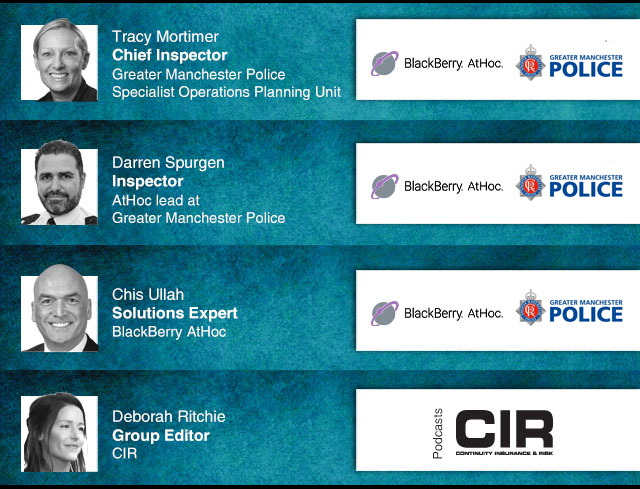PwC has released the results of an in-depth study into the mechanisms and dynamics of corporate crises, offering unique insight into the way companies and individuals experience and emerge from crises, and in impressive detail. With more than 2,000 global respondents, details of some 4,500 crises are unpicked, in the first in a series of deeper insights into crisis from the consultancy's risk experts.
These insights may help companies reverse-engineer the positive experiences of their peers, to help them emerge from crisis transformed for the better.
Values and teamwork are critical in a crisis. "When facts are uncertain, and the pressure to make time-sensitive decisions is enormous, it is wise to default to values-based decisions. Even if the decision later turns out to be not optimal, hewing to your values can help inoculate you from harm. It can even transform the reputation of the organisation and its leadership in an extremely positive way once the dust has settled," the report states.
"The reality, unfortunately, is that when an actual crisis hits, 'corporate crisis response' and 'corporate values' often appear to go in separate directions. Most of us can think of household-name organisations whose early response to a devastating crisis was incompatible with their public-facing values statements -- and [which] suffered losses to their reputational capital as a result."
Most crisis management teams are multidisciplinary (comprising at a bare minimum the CEO, operations, legal, and communications), but, the report warns, that does not mean they will necessarily be cohesive.
"Each functional group will be far more familiar with its own perspectives, motivations, and goals (and devoted to the interests of its own stakeholders) than it will be with those of its counterparts, which can lead to confusion and even conflicts.
"In the midst of an unfolding crisis, for example, it’s hardly uncommon for legal and PR to have diametrically opposed positions on whether, when, and how to disclose an issue to the public," the report reads.
CIR takes a closer look at this report in the next issue of the magazine. Meantime, here are PwC's five guiding principles for stakeholder management in a crisis:
Stakeholder management: Five guiding principles (Source: PwC)
-Compile a list of all your relevant stakeholders, internal and external
-Assess each one's specific needs and nuances
-Identify the team best positioned to play the leading role in communications -- and the resources needed -- for each stakeholder
-Design the mechanisms needed to both 'push' information to, and 'pull' (and respond to) inquiries from, each stakeholder
-Balance consistency and customisation: While all your communications should adhere to the same basic script, ensure that each is tailored to the needs and concerns of the individual stakeholder
Printed Copy:
Would you also like to receive CIR Magazine in print?
Data Use:
We will also send you our free daily email newsletters and other relevant communications, which you can opt out of at any time. Thank you.













YOU MIGHT ALSO LIKE